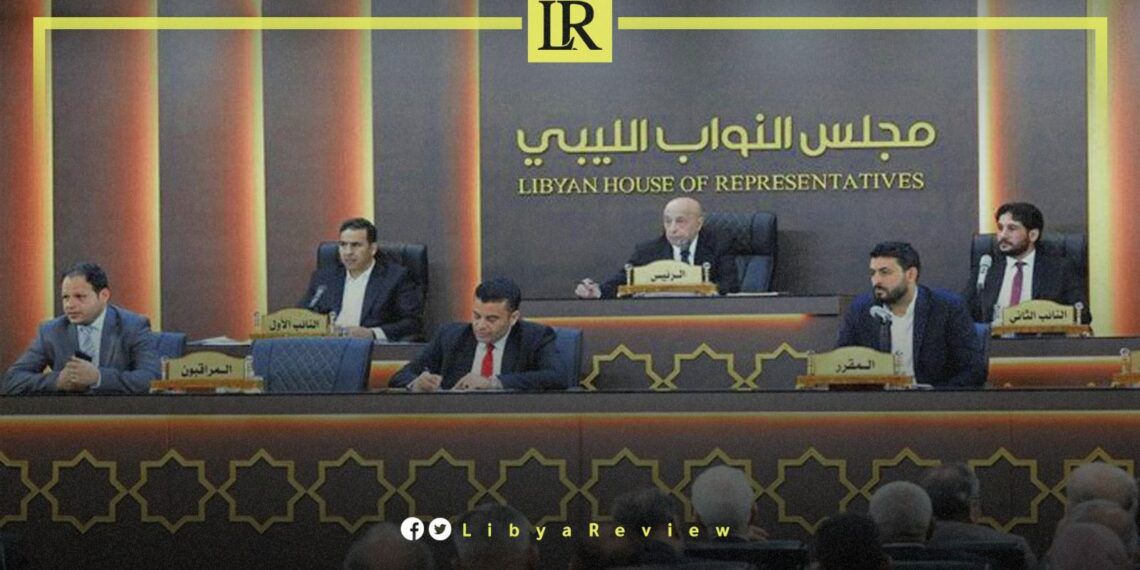Libya’s House of Representatives has voted to summon the Governor of the Central Bank of Libya, Naji Issa, along with the Bank’s Board of Directors, to appear before parliament on November 3. The move comes amid growing concern over the worsening cash liquidity crisis and the Bank’s recent financial decisions.
The decision was made during Monday’s parliamentary session in Benghazi, chaired by First Deputy Speaker Fawzi Al-Nuwairi and attended by Second Deputy Speaker Misbah Douma. Lawmakers voted unanimously to summon the Central Bank leadership to explain policies that have contributed to tightening liquidity in local markets and disrupting public access to cash.
The parliament’s action follows increasing public frustration over limited cash availability, long bank queues, and economic stagnation caused by a lack of liquidity. According to Al-Nuwairi, the upcoming session will focus on accountability and transparency within the country’s financial institutions.
Last week, the Central Bank of Libya issued a statement revealing that the total value of withdrawn banknotes reached 47 billion Libyan dinars, spanning various denominations. The Bank also disclosed that around 10 billion dinars in circulation had not been issued by the Central Bank and were of “unknown origin,” sparking concerns over counterfeit or unauthorized currency.
A subsequent financial report published by the Bank detailed revenues and expenditures between January and September 2025, showing that 3.66 billion dinars were allocated to Libya’s legislative and executive institutions and their affiliated bodies during that period.
Speaker Ageela Saleh had earlier called on members of parliament to convene a session to review the Central Bank’s recent statements. The issue has drawn national attention as Libya continues to face mounting economic pressures, political division, and a lack of unified fiscal policy.


